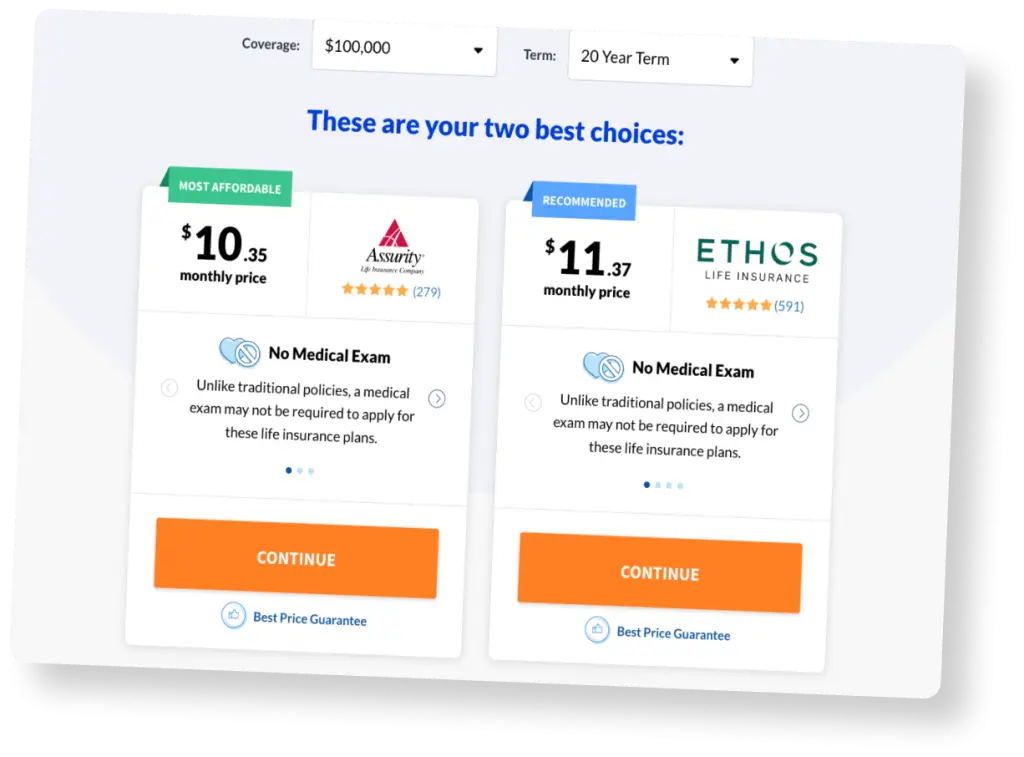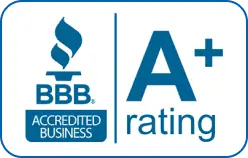Prudent business owners know the importance of thorough business planning and the impact that the death or disability of a principal owner could have on the future operations of any company. Disability buy-out or disability buy-sell insurance is the best way to protect the business in the event that an owner becomes permanently disabled.
Key Takeaways of What is Disability Buy-Out Insurance and Why Would You Want It?
-
Disability buy-out insurance ensures that a business can continue operating smoothly if an owner becomes permanently disabled by providing funds to buy out their ownership interest.
-
A well-structured buy-sell agreement must be in place before purchasing a disability buy-out policy, outlining the terms of the buyout, including valuation, elimination period, and payment structure.
-
The elimination period before benefits are paid can range from 12 to 24 months. Payout options include lump sums or structured payments over two, three, or five years, depending on the life insurance policy.
-
Without disability buy-out insurance, businesses may struggle to fund a buyout, potentially needing to borrow money or face financial instability.
-
Premium payments for disability buy-out policies are not tax-deductible, but the benefits received are generally tax-free. However, depending on the business structure, proceeds may be subject to capital gains or other taxes.
What Exactly is a Disability Buy-Out Insurance Policy?
Disability buy-out insurance is designed to provide the funds needed to purchase a disabled owner or partner’s interest in the business if they become disabled. Disability buy-out insurance should be made part of any business continuation plan or business succession plan as it will assure that the disabled business owner receives a fair market value for his or her interest in the business.
At the same time, it will protect all business owners from the threat that a disability may impose on the company by allowing them to buy-out the disabled owner’s interest at an agreed-upon price set forth in a buy-sell agreement.
How Does Disability Buy-Out Insurance Work?
Before a disability buy-out policy can be purchased, the business must be properly valued and a buy-sell agreement must be executed. Once a fair market value for the business has been determined, a sales price can be agreed upon and a disability buy-out policy can be purchased on the life of each business owner or business partner to provide the needed funds in the event he or she becomes disabled.
In the event of a disability, there is a “waiting period” called the elimination period that must be satisfied before benefits are paid. The elimination period, selected at the time of application, begins at the date of initial disability and can extend out 12, 18 or 24 months depending on the terms of the buy-sell agreement and the needs of the business. The longer the elimination period, the lower the cost of the coverage will be.
With a disability buy-out, once the elimination period is met, benefits begin and there is no need to confirm continual disability. Once a claim starts, the terms of the buy-sell agreement will be fulfilled and the policy will pay benefits accordingly. There are several benefit payment options including a lump-sum payment or scheduled payments over the course of two, three or five years. A buy-out policy can be custom designed to meet the specific needs of each company.
Why Buy Disability Buy-Out Insurance?
The statistical probability of an individual disability is greater at any age than the likelihood of death in that same year. The disability of an owner who is active in the day to day operations of the business can present huge financial problems. To understand more about the potential threat a disability may be to your organization, ask yourself the following questions:
-
What impact would the disability of a partner who is a key contributor have on the company’s income?
-
Where will the money come from to pay an income to the disabled owner?
-
Does the business have adequate funds to buy out the disabled partner’s share?
-
Will the firm have to borrow money to buy out the disabled partner?
Important Considerations of Disability Buy-Sell Planning
-
What defines a disability from the business’ perspective? This must be established in the buy-sell agreement prior to executing a disability buy-out policy.
-
How long does a partner have to be disabled before the buy-out is executed and the disabled partner’s interest is sold to the remaining partners? As mentioned above, the elimination period is generally set for 12 to 24 months depending on the terms of the agreement.
-
What are the terms of the buy-out? Will benefits be paid in one lump sum or over time?
-
What if the disabled individual recovers after the buy-out is triggered and the disability policy ceases to pay benefits?
Taxation of Disability Buy-Sell Plans
The premium payments for disability buy-sell policies are not tax-deductible. Therefore, the benefits received are income tax-free.
Depending on the type of entity, corporation or partnership, the recipient of the benefits may be subject to capital gains taxes, gift taxes or if the company receives the proceeds to disburse, be subject to the Alternative Minimum Tax.
trusted by 5,000+ clients
Compare Disability insurance Rates
See rates and benefits tailored to your business needs.
Frequently Asked Questions about What is Disability Buy-Out Insurance and Why Would You Want It?
What is Disability Buy-Out Insurance?
Disability buy-out insurance provides funding for most business owners to buy out a partner’s share if they become permanently disabled and can no longer contribute to the business. It ensures a smooth transition and financial stability for all parties involved.
What is the Elimination Period for Disability Buy-Out Insurance?
The elimination period is the waiting time before benefits are paid, typically ranging from 12 to 24 months. This ensures the disability is long-term before triggering the buy-out process.
What are the Benefits Under a Disability Buy-Out Insurance?
This disability insurance provides a lump sum or installment payments to purchase the disabled partner’s share, protecting business continuity and preventing financial strain on remaining owners.
Conclusion and Summary of What is Disability Buy-Out Insurance and Why Would You Want It?
Disability buy-out insurance is an essential safeguard for businesses, ensuring stability and continuity when an owner becomes permanently disabled. Without it, companies may struggle to fund a buyout, potentially leading to financial strain or forced borrowing. A well-structured buy-sell agreement, paired with the right policy, provides a clear roadmap for valuation, payout structure, and transition planning.
While the premiums are not tax-deductible, the benefits are typically tax-free, offering a financial advantage in securing a smooth ownership transition. For business owners committed to protecting their company’s future, disability buyout insurance is a critical investment in long-term security.















